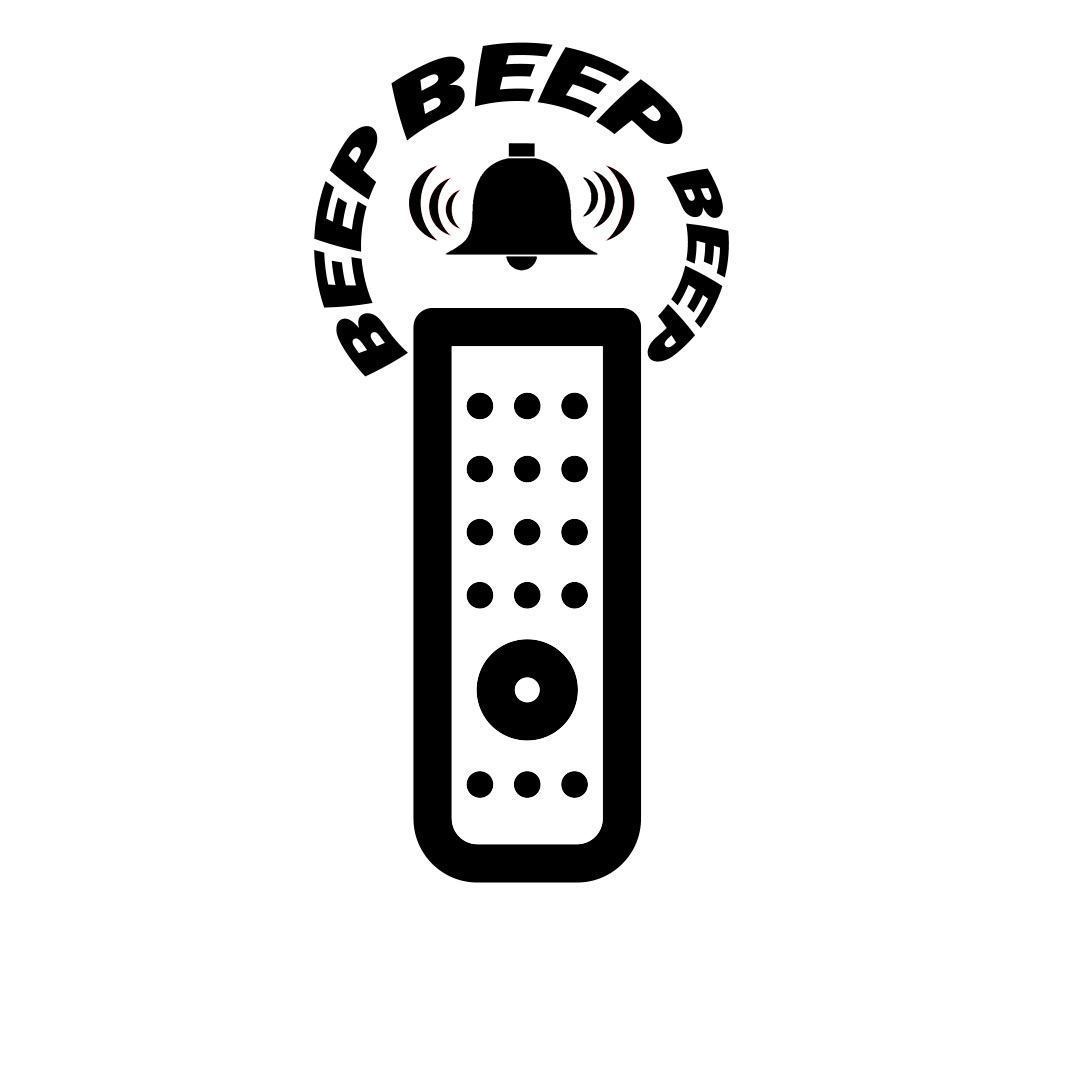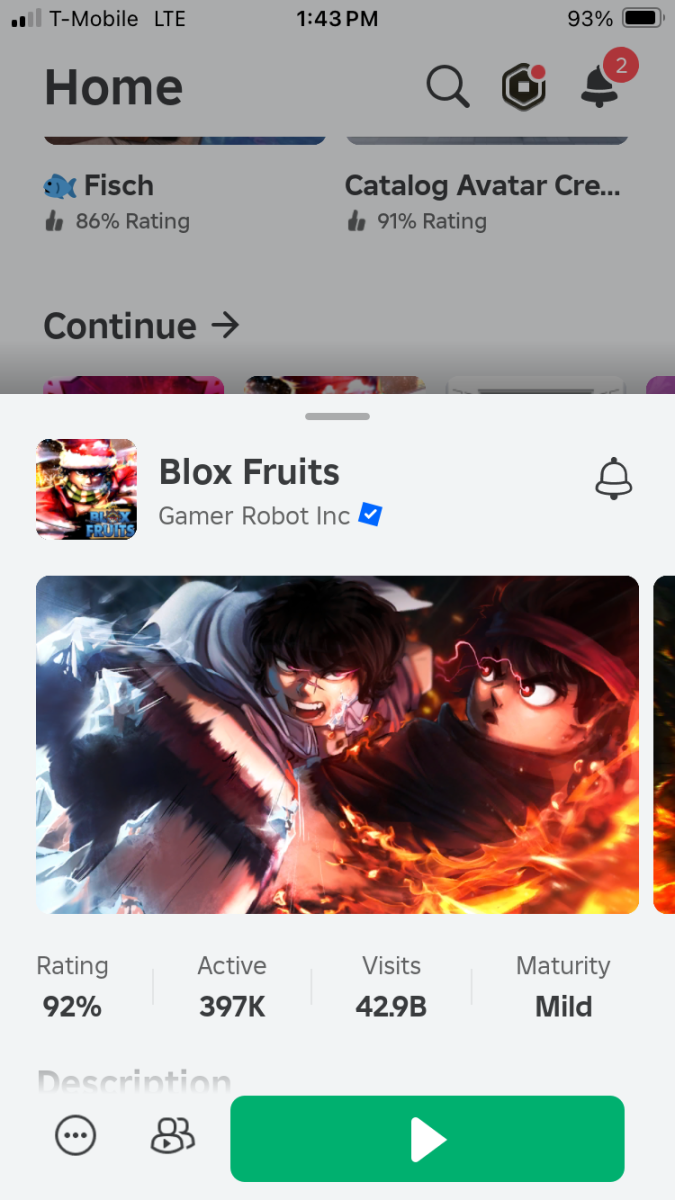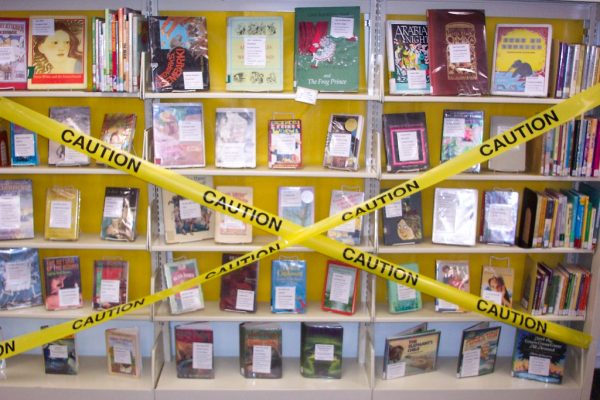
“What is freedom of expression? It ceases to exist without the freedom to offend,” Salman Rushdie. This means we do not have freedom of speech if we close our minds to one viewpoint. Consequently, through the United States’ book bans, we see this freedom of expression dwindling.
Britannica defines book banning as “prohibiting or restricting the reading of certain books by the general public or by members of a local community or religious group.” These bans are eerily similar to history’s book-burning incidents, none ending well. These instances–and the idea of book burning in general–are incredibly reminiscent of Orwellian themes, and reflect the worst parts of our society. These book bans are attempts to censor and control art and expression, but how big of a problem are these bans?
In 2017, PEN America noted that only 416 books were included in the proposed bans. This number has continued to increase over time. Additionally, efforts to ban books have led to 15,940 bans since July 2021.
These bans fail to realize that each story throughout literature has its reason for being written. These reasons drive the whole story and can be direct conversations with us and our society. Some of these reasons or “conversations” lead to books immediately becoming a classic or “required reading.” However, people often complain about what a story can reveal about our world. These revealings can be through classical cautionary tales or literary mirrors held up to our world. By banning these books, we can see an irony of sorts.
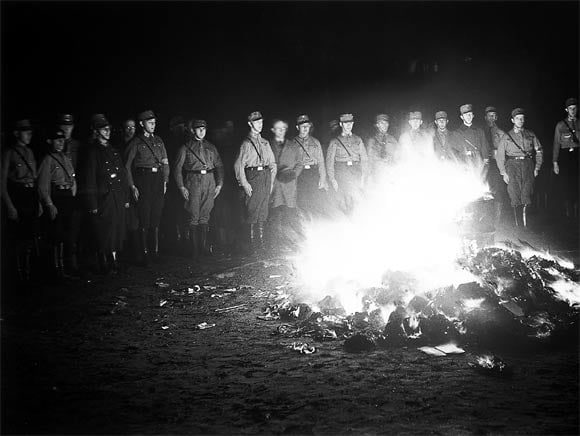
To understand how harmful these book bans are, we have to look through the lens of Maus, a graphic historical memoir from the perspective of the author’s parents, who are holocaust survivors. This memoir depicts the holocaust by characterizing Jewish people as mice, Nazis as cats, and Americans as dogs. This mosaic of pain and suffering stands by the victims of the Holocaust, bringing light to their stories by sharing one of his family’s stories. And yet it is facing bans. If these bans stand against these victims, who are they standing with? Who are these bans protecting?
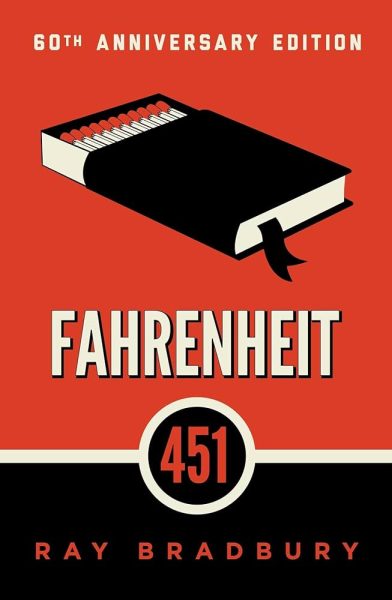
Mrs. Piazza, one of the English teachers at St. Thomas Aquinas High School, was interviewed for her perspective. She stated that these bans hinder her teaching, because “they limit the access to some of the classics that so much of [our literary canon] relies on.” She uses Fahrenheit 451 as an example: “Teaching about Fahrenheit 451, a book all about bans and censorship, while it is actively being banned, is surreal.”
These bans affect not just classrooms or libraries but many different aspects of our society. They limit the voices of people who speak out with radical beliefs, further increasing the usually harmful stigma behind them. If we keep pushing this stigma, how can we grow as a society and move past these issues? Literature is a powerful weapon that could expedite our society’s evolution. And yet we’re leaving this weapon in its case to collect dust.
Before interviewing Mrs. Piazza, I had no clue what we could do to help. I felt helpless against this problem, anticipating that I would be stuck watching it worsen as I got older. I was sure to include this question in the interview, but before she answered that question, she shared why she thinks these bans happen, citing misplaced fear and ignorance. How do we combat ignorance? By sharing our knowledge. We can fight if we continue reading banned books and discussing this issue.


